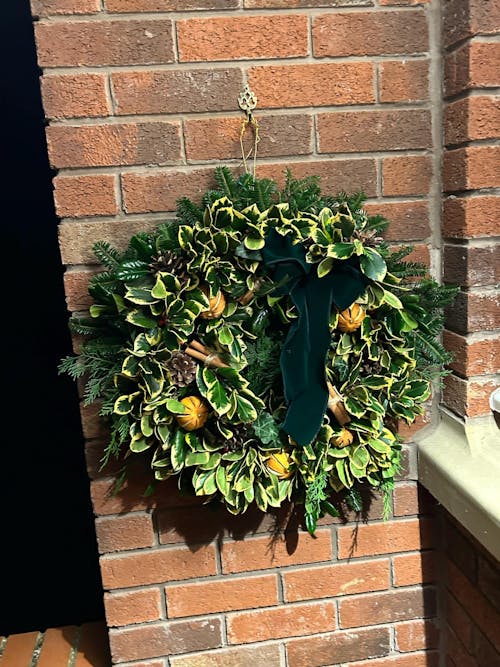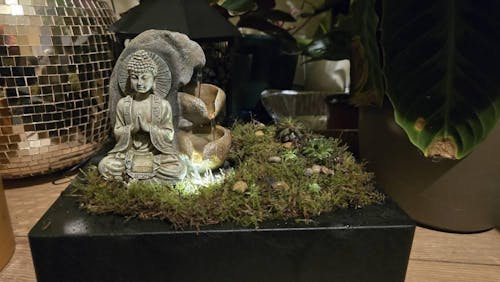The Common Olive has been the key to prosperity for ancient empires and modern chefs alike, with evidence for the use and cultivation of olive trees around the Mediterranean Sea dating back thousands of years. By owning your own olive, you can bring this heritage into your home! The olive's silvery bark and silver-green leaves are beautiful in their own right, and fruit from July to October. Olives grow slowly and don't reach a huge size, so they are great for growing in pots or in small gardens. If growing indoors, make sure it gets as much light as possible; if outdoors, give it a sunny, sheltered spot. Used to warmer climes, olives can suffer in the cooler British climate, but if you care for them well they can still fruit in the UK!
Scientific Name
Olea europaea (European olive)
Common Name
Common Olive, Olive Tree
Origin
Native to the Mediterranean
Light
Indoors, the olive needs bright light, so pop it in your brightest window; it will appreciate if it's warmer in spring and summer, too. Outdoors, it needs plenty of sun, but also shelter from the cold.
Water
Allow the top half of the soil to dry out between watering; reduce further in winter. If the soil is consistently moist this puts your olive at risk of rotting. Outdoors, it shouldn't need any extra watering except in sustained drought; make sure it is somewhere with excellent drainage.
Humidity
Adapted to the dry Mediterranean, the Olive doesn't need high humidity; rinse the leaves occasionally to keep free of dusts, and make sure it's not too close to an operational radiator.
Soil
Use a well-draining potting mix. Add plenty of grit to your soil to aid drainage; something designed for cacti and succulents should work well here. Repot every three to four years in spring as the plant grows.
Food
Feed every three or four waters in the growing season, reduce to every six in autumn and winter.
Temperature
Ideal temperature is 10-40°C; make sure it does not get colder than 5°C in winter. Can be grown outdoors when night temperatures are above 5°C; make sure it doesn't get more than an hour of direct sun if you move it though as it can burn.
Pet-safe
Yes, but too much nibbling won't be good for pets, small humans or the plant!
Sprouts Top Tips
It's a good idea to move your olive outside in summer and allow it a dormancy period in winter. When moving your plant outside, ensure it can gradually get accustomed to the sun (an hour of direct sun per day is enough at first, or it will scorch). When moving it back inside over winter, make sure to check for pests and quarantine from other houseplants. In winter, you should make sure it has lower temperatures and less water and nutrients, which will help it have a dormancy period and in turn grow better when spring comes back around.
Did you know?
The olive tree was said to be a gift from the goddess Athena to the city of Athens, in exchange for allowing her to be the city's patron. Given in a contest against the god Poseidon, the olive was judged by the people to be more useful than the god's saltwater spring.






















![The 'Hot Toddy' Fresh Foliage Christmas Wreath [Made to Order]](https://cdn.shopify.com/s/files/1/0490/2774/3905/products/the-hot-toddy-fresh-foliage-christmas-wreath-240111_500x500.jpg?v=1637626402)









